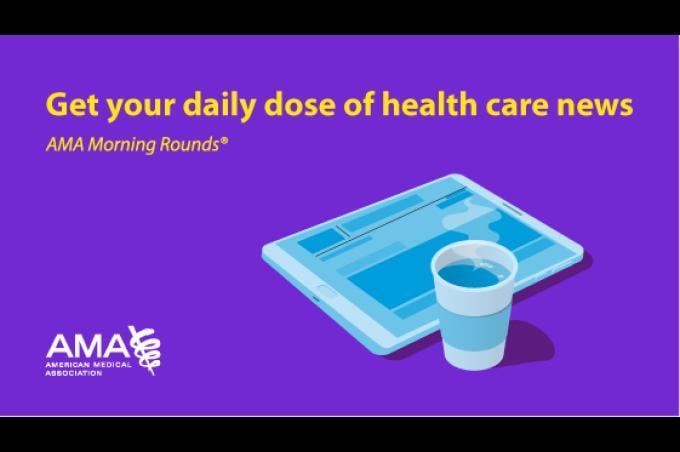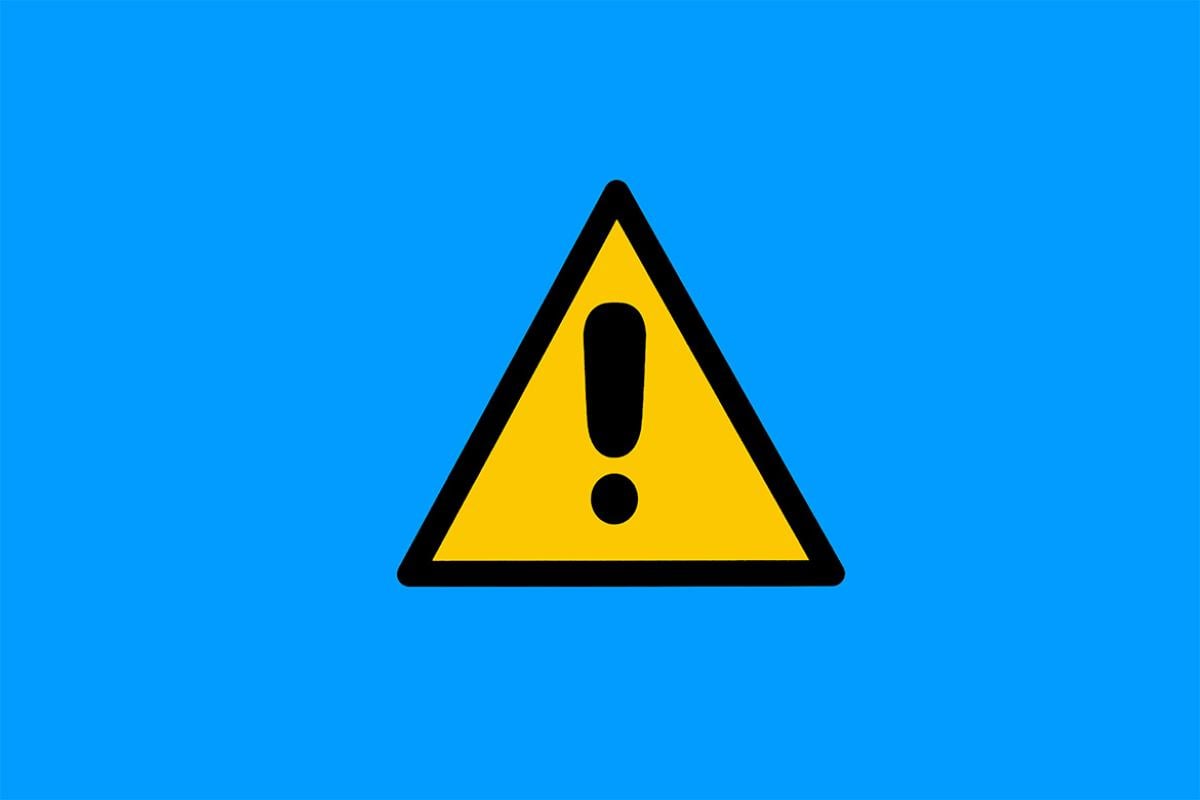Fueled by a highly transmissible subvariant of the COVID-19 Omicron variant, known as BA.5, SARS-CoV-2 infections are on the rise again. Even situations that have seemed to carry a relatively low risk, such as outdoor gatherings, may now pose a greater threat.
But with pandemic fatigue a pervasive reality, many have tried to move on with their lives in search of a new normal without fretting over the latest COVID-19 variants and subvariants. Yet many others, especially people with suppressed immune systems or with underlying conditions that put them at high risk for severe COVID-19 outcomes, have been left searching for answers and further guidance on what to do.
Here are some questions patients might have about BA.5 and other Omicron subvariants, along with the answers that physicians should be ready to share.
Is the BA.5 Omicron subvariant more contagious?
BA.5 is one of the latest subvariants of the original Omicron lineage. There is a unique cluster of mutations on the spike protein, which has led the BA.5 subvariant to potentially be the most contagious strain of SARS-CoV-2 so far. But it does not appear to lead to more severe outcomes than other COVID-19 variants and subvariants.
Does the BA.5 Omicron subvariant evade immunity?
The short answer is, yes, the mutations of the BA.5 subvariant have allowed it to sneak past the body’s immune system more easily. This means if you had a previous SARS-CoV-2 infection or have been vaccinated and boosted against COVID-19, you are not completely protected.
Compared with the BA.2 subvariant, BA.5 has been able to spread more easily because of its ability to evade immune protection against infection induced by prior infection or vaccination. This is especially if protection has waned over time, contributing to more frequent breakthrough infections and reinfections. While breakthrough infections are not resulting in severe illness, each reinfection does carry the risk of developing long COVID, also known as post-COVID conditions.
Discover questions patients have about COVID long-haulers.
Is there risk of outdoor transmission with BA.5?
Being outside is safer than being indoors, but there are still some risks to keep in mind as the BA.5 Omicron subvariant continues to circulate. Health professionals have noted that outdoor transmission of SARS-CoV-2 has occurred, but it’s more likely that you will acquire the virus indoors in poorly ventilated areas.
While outdoor activities are inherently safer than indoor gatherings, the heightened transmissibility of BA.5 will likely lead to spread in both settings. One thing to note about outdoor transmission is that viral particles can disperse more quickly due to wind speed and air currents. With that, some outdoor settings, such as a tightly packed outdoor concert, can also raise a person’s chances of acquiring SARS-CoV-2.
What are the symptoms people are experiencing?
BA.5 symptoms are similar to previous COVID-19 variants and subvariants. The most common symptoms include fever, runny nose, coughing, sore throat, headache, muscle pain and fatigue. Additionally, the presence and severity of a patient’s symptoms can be affected by their COVID-19 vaccination status, other health conditions, age and history of prior infection, according to the Centers for Disease Control and Prevention (CDC).
How can I protect myself from BA.5 and other Omicron subvariants?
The recipe for protection is one everyone should be familiar with at this stage of the pandemic. Patients should ensure they are up to date with their COVID-19 vaccinations and boosters. Doing so helps to protect individuals from severe disease and death.
It is also important to continue to wear a medical grade face mask or respirator—such as a N95 or KN95—when indoors and physical distancing is not possible. It is also a good idea to wear masks in crowded outdoor settings too. On top of getting vaccinated and boosted, wearing a mask or respirator, avoiding crowds and handwashing is also important.
Will COVID-19 vaccine booster doses help?
COVID-19 vaccines remain the best public health measure to help protect people from COVID-19. Vaccination can also help to reduce the likelihood of new variants emerging. This includes primary series, booster doses and additional doses for those who need them.
Data is still being collected on the vaccine effectiveness against Omicron subvariants including BA.4 and BA.5. However, vaccine effectiveness against severe disease and death remains high for other Omicron subvariants and likely also for BA.4 and BA.5.
Research published in the CDC’s Morbidity and Mortality Weekly Report also shows that during both Delta- and Omicron-predominant periods, receipt of a third dose of an mRNA vaccine was highly effective at preventing COVID-19-associated emergency department and urgent care encounters as well as preventing hospitalization.
Meanwhile, a JAMA study shows that receipt of three doses of a mRNA COVID-19 vaccine—compared with being unvaccinated or having received two doses—was associated with protection against both the Omicron and Delta variants.
The AMA has developed frequently-asked-questions documents on COVID-19 vaccination covering safety, allocation and distribution, administration and more. There are two FAQs, one designed to answer patients’ questions (PDF), and another to address physicians’ COVID-19 vaccine questions (PDF).
Will a test tell me if I have BA.5 or another subvariant?
No, a COVID-19 test will not tell you which variant of SARS-CoV-2 caused your infection. Instead, tests will tell you whether you have a current infection. Nucleic acid amplification tests and antigen tests can both be used. But at-home tests are also available for rapid results. If an at-home test is positive, isolate and speak with your physician for further guidance.
Discover what doctors wish patients knew about COVID-19 testing.
What treatments are available for Omicron and its subvariants?
Some monoclonal antibody treatments are less effective against certain SARS-CoV-2 variants and subvariants, but the monoclonal antibody treatment Bebtelovimab remains effective against Omicron. Oral antivirals, including Paxlovid, are also available to treat people with confirmed mild-to-moderate COVID-19 who are at risk of severe illness.
Learn more from the CDC about what to know about the Omicron variant.
Table of Contents
- Is the BA.5 Omicron subvariant more contagious?
- Does the BA.5 Omicron subvariant evade immunity?
- Is there risk of outdoor transmission with BA.5?
- What are the symptoms people are experiencing?
- How can I protect myself from BA.5 and other Omicron subvariants?
- Will COVID-19 vaccine booster doses help?
- Will a test tell me if I have BA.5 or another subvariant?
- What treatments are available for Omicron and its subvariants?





